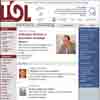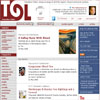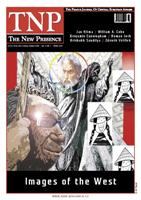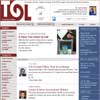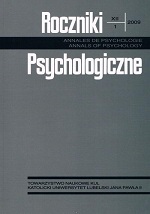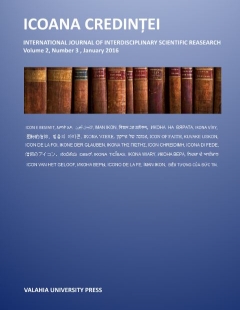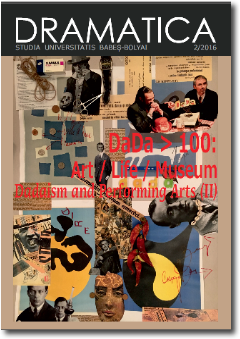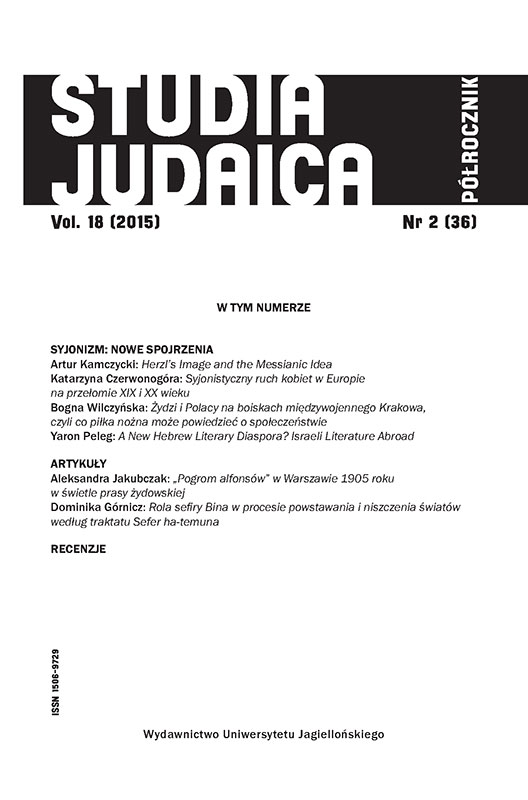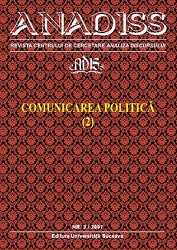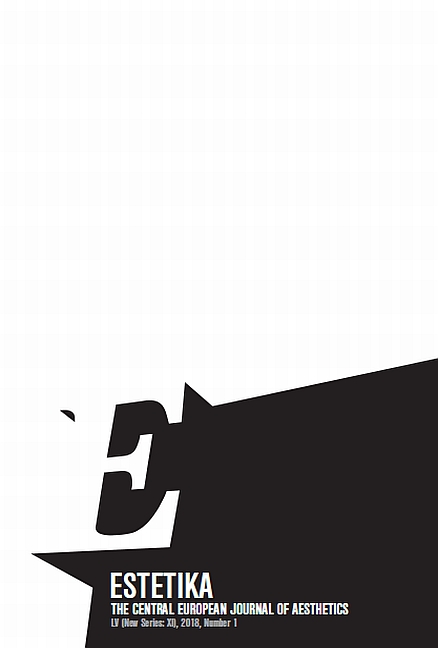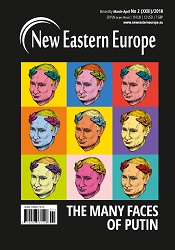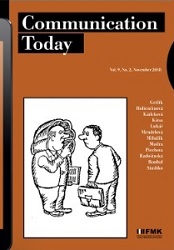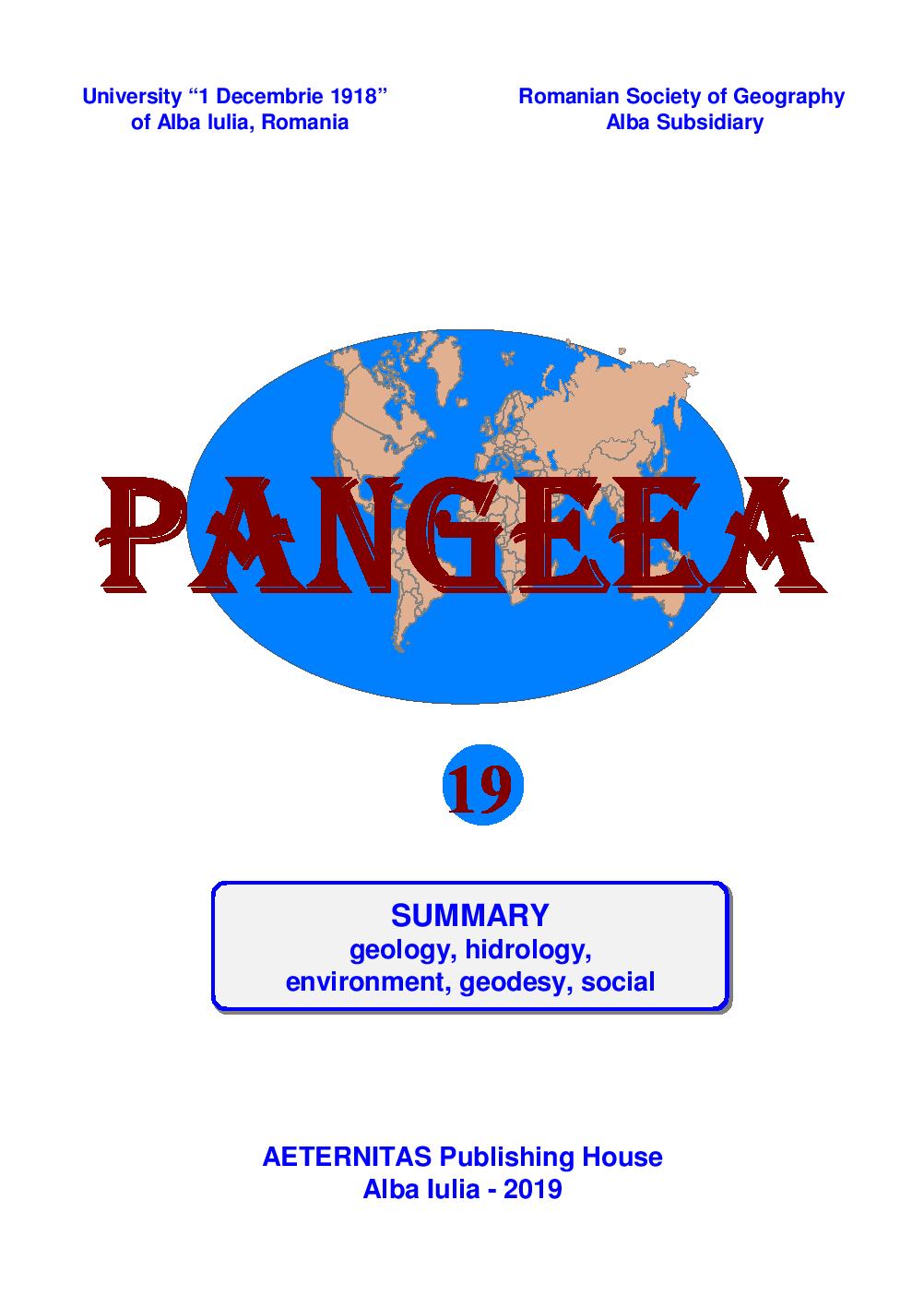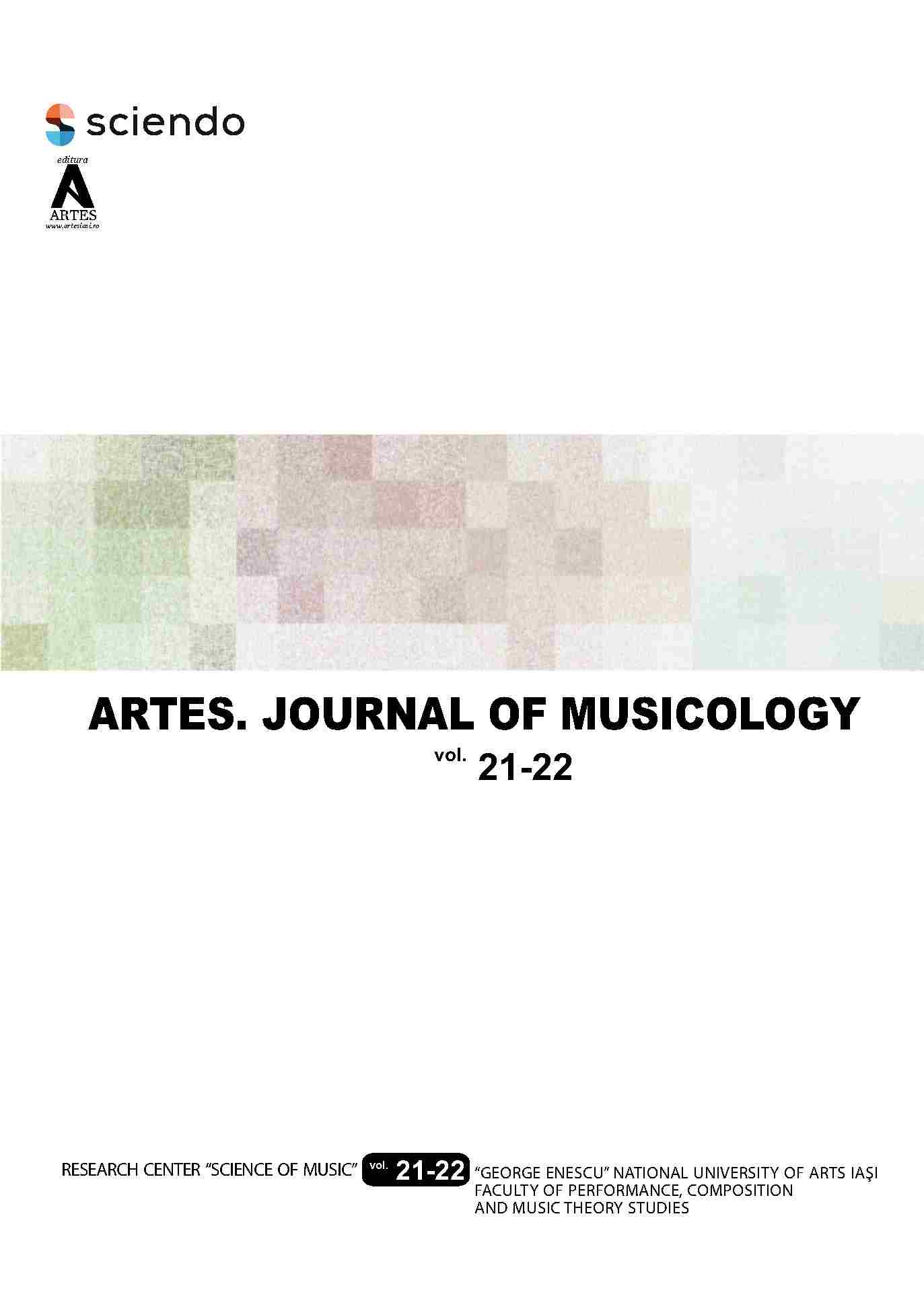Musical idioms in Șerban Marcu’s `Toccatas`
Author(s): Tatiana Oltean / Language(s): English
/ Issue: 21/2020
Keywords: toccata; tradition/innovation; Șerban Marcu; idiomatic; comic;
The present research focuses on the toccata in a contemporary stylistic context, as a revival of the Baroque toccata in the creation of a Romanian composer from Cluj-Napoca, Șerban Marcu. He is a representative of the mature school of composition, studying under the tutorship of the celebrated Romanian composer Cornel Țăranu. His style unveils a series of constant traits, such as the programmatic feature and the preference towards musical forms and genres pertaining to the Western musical tradition, among them the madrigal, the song, the bagatella, the variations, the suite, the étude, the tone poem, the ballet or even the opera. He wrote five toccatas over the span of a decade. The toccata – understood both as a musical genre and a composing technique – is to be found in his output either as a movement in a mini-suite (Free Preview, 2008), or as an autonomous work, written for solo instruments as the piano (Toccatina, 2017), the organ (Balkan Toccata, 2018), as well as for various chamber ensembles, each featuring, among other instruments, the piano (tocCaTa brevissima, 2014, Toccata impaziente, 2018). The analysis unfolds by taking as focal point a series of keywords that have circumscribed the term toccata within the musicological literature. These core concepts are further placed in relationship with various techniques – neo-baroque as well as modern ones – which are to be identified in Șerban Marcu’s output of toccatas. The analytical procedures focus on highlighting the tradition/innovation binomial and are layered by taking into discussion the parameters of the musical discourse, namely the form, the musical language, the idiomatic instrumental writing, the compositional techniques, as well as aesthetic aspects such as the playfulness, the comic, the irony, the bizarre, the caricature and the paraphrase.
More...
